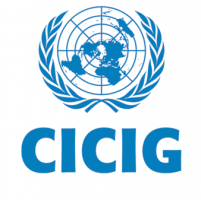The International Commission against Impunity in Guatemala (CICIG) was created in 2007 in a joint agreement between the United Nations and the Guatemalan government. The Commission was designed to strengthen and support Guatemala’s judicial institutions and to investigate and prosecute corrupt actors and criminal groups that had infiltrated state institutions following Guatemala’s decades-long civil war.
CICIG led over 120 cases and exposed more than 70 criminal networks, revealing the true extent of corruption and criminal activity in the country. The Commission’s efforts led to the removal of more than a dozen corrupt judges and the expulsion of more than 1,700 officers from the National Civilian Police. CICIG also sought to create more just and transparent judicial institutions by promoting major legal reforms to improve Guatemala’s investigative and prosecutorial capacity and responsiveness. CICIG’s efforts reduced impunity rates for violent crimes and restored Guatemalan peoples’ trust in the justice system. A 2017 poll showed that 70% of Guatemalan people had confidence in CICIG, and the Attorney General’s Office had one of the highest levels of public trust for a local institution.
CICIG ceased operations in 2019, after 12 years in the country. Then-President Jimmy Morales, who had been investigated for corruption, declared CICIG a threat to national security and unilaterally terminated the agreement.


